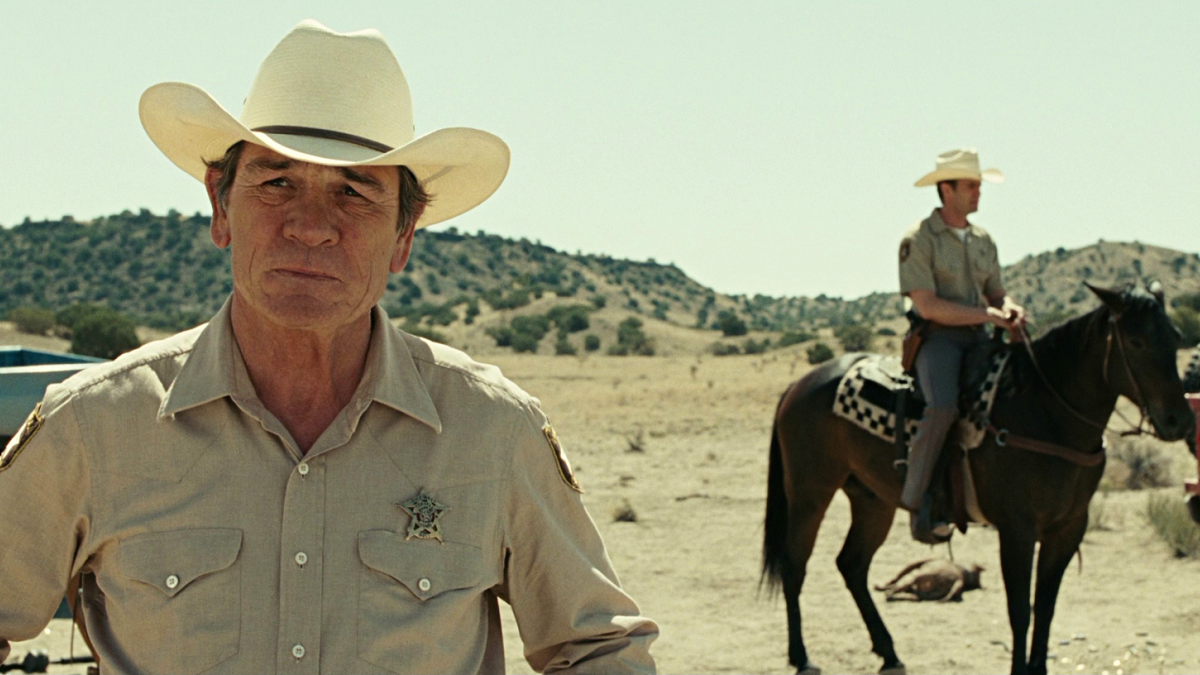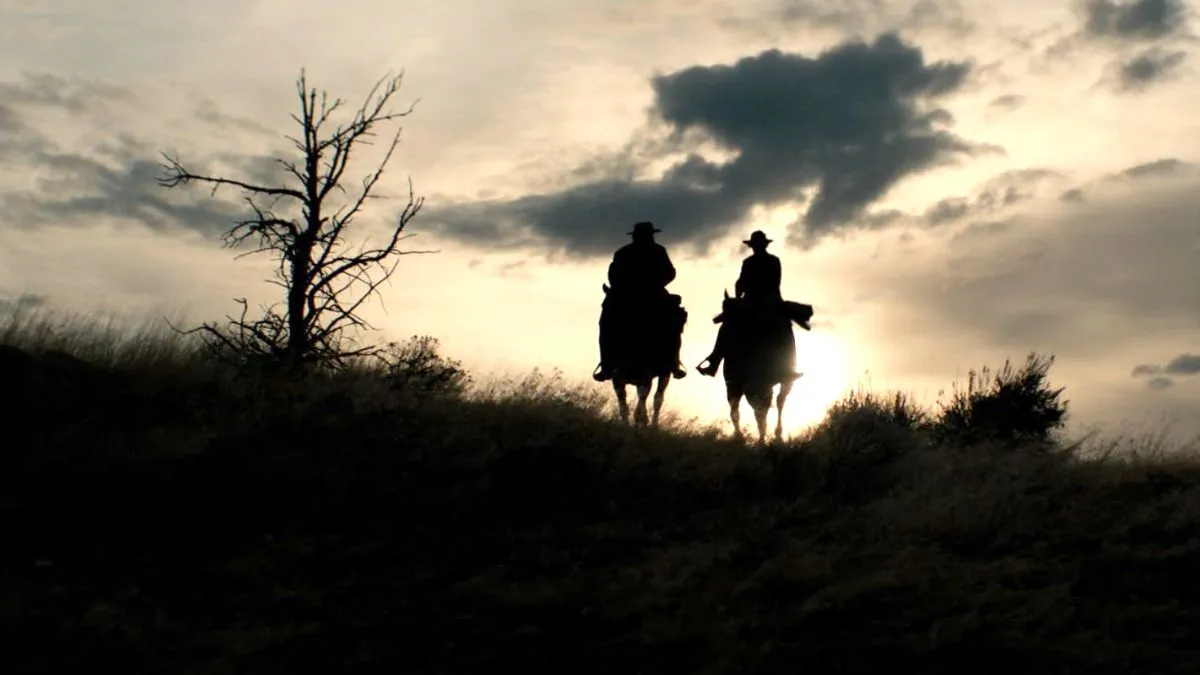
The issue of Holocaust denial may not be at the forefront of today’s sociopolitical landscape, but Denial still feels tremendously relevant. Based on the actual libel lawsuit that famous Holocaust denier David Irving launched against historian Deborah Lipstadt in the 1990s, the film acts as a sort of morality tale, quaintly advocating for values like the rule of law, free speech, and standing up to bigotry. After last year’s overwhelming success of Spotlight, Denial feels like another movie that could step into that realm of a conventional but thoroughly absorbing true story from recent history, albeit with a bit more courtroom cliché.
A role like this, a protagonist in a mainstream, award-thirsty historical drama of a movie, seems long overdue for Rachel Weisz, who stars as Professor Lipstadt. She’s someone who has paid her dues and developed enough gravitas to lend the moral clarity and credibility to stand against an unapologetic Hitler sympathizer. Queens accent notwithstanding (which the film self-consciously acknowledges), she keeps us on her side without equivocation. Timothy Spall, on the other hand, as David Irving, strikes a terrific balance between an articulately soft-spoken old dude and a man who spouts some of the most obscene racial remarks imaginable, with no shame whatsoever and no second guessing of himself at all.
The lawsuit and trial are the center of the story, with Tom Wilkinson and Andrew Scott in supporting roles as part of Lipstadt’s legal defence team, who, oddly enough (and the film nicely highlights the absurdity of the legal system at play here) must demonstrate their client’s innocence in the face of legally presumed guilt. Scott’s particularly restrained performance serves the story wonderfully; his is the face of detached reason to counter Lipstadt’s appeal to emotion, or rather, common sense.
Not lost in all this is a sense of the weight of the Holocaust in actual history. It’s as easy for the characters to become numb to the real tragedy behind the theatrics of the trial as it is for the audience, and so the film wisely and respectfully (at least it seemed that way to me) slows itself down and takes a fairly significant amount of time to dedicate a scene to a visit to Auschwitz. It’s in this sequence that director Mick Jackson seems most in control of a specific and effective tone. Much of the story may come off as conventional, but it’s in moments like these that the film makes a real case for itself.
A few elements make this movie more interesting than it otherwise would be. As mentioned earlier, its conventions are familiar, its courtroom proceeding style well explored, but some items stand out. First is its treatment of the role that gender plays in a story like this, which isn’t overt, but certainly present. Any scene involving a group of lawyers with a woman present seems to pay special attention to the female presence in the room, as if Deborah makes special note that there’s another woman with her.
Conversely, scenes with no other women present, where Deborah in a room full of men who all seem to look alike, emphasize this absence, heightening her sense of being a sole voice of reason. There’s also a gendered component to the concept of denial and certainty and shamelessness at play that is more difficult to put a finger on, but comes through in the language used frequently in this story: words like “reason” and “emotion,” which are thought of as being at odds with one another but is more subliminally used to establish a dichotomy between male and female. Beneath this movie’s conventions are some interesting gender politics that perhaps could have been made more apparent, but to its credit, are pleasantly subtle.
At the forefront is the notion, epitomized by Spall’s work as David Irving, that blindness to evidence is a byproduct of self-confidence to the point of complete arrogance and masculine bravado. It all feels relevant because conspiracy theorists driven by various prejudices never seem to go away. Birthers, 9/11 truthers, anti-vaxxers, and climate change deniers may be more prevalent than Holocaust denial, but they come from the same problem where disagreement is not based on differing interpretation of facts but on the refusal to acknowledge the facts at all as determined by things like science. Denial plays almost like a fantasy: a shameless fool, ignorant of his many blind spots, being publicly reprimanded for his bigoted statements rather than potentially being elected president.






